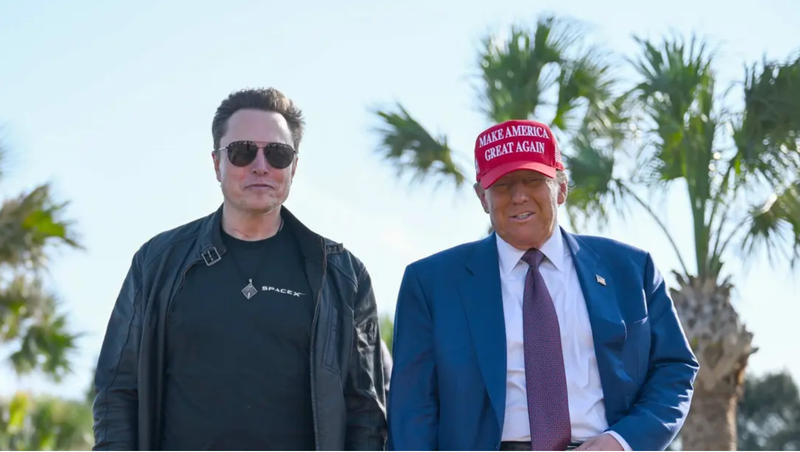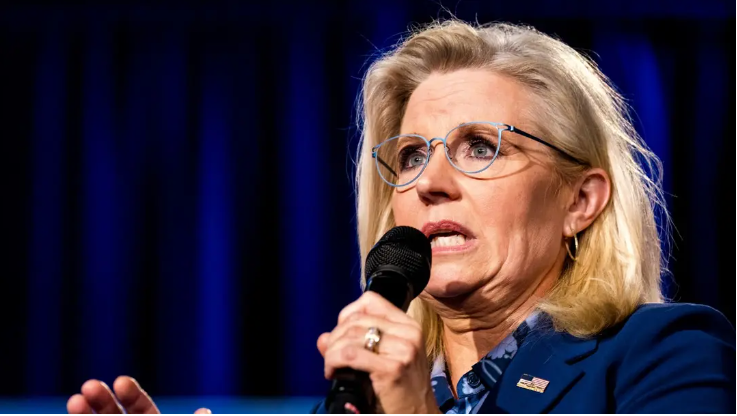EU Halts €30M in Military Aid to Republic of Georgia
The EU has frozen €30M ($32M) in military aid for Georgia, reportedly in response to a law the Georgian Parliament passed last month requiring organizations that receive foreign funding to register as foreign agents....
Facts
- The EU has frozen €30M ($32M) in military aid for Georgia, reportedly in response to a law the Georgian Parliament passed last month requiring organizations that receive foreign funding to register as foreign agents.1
- The EU's envoy to Georgia, Paweł Herczyński, said the bloc had paused the Eastern European country's process toward joining the EU. Georgia was granted candidate status last December.2
- Herczyński added that the EU's direct support to the Georgian government will now be redirected toward funding the country's 'civil and media organizations.'3
- In a statement condemning the EU's decision, Georgian Parliament Speaker Shalva Papuashvili highlighted his country's history of providing military support to the EU despite not being a member.4
- Foreign Minister Ilia Darchiashvili added that the EU's decision is 'incomprehensible' given Georgia's need to strengthen its military against Russia.4
Sources: 1Reuters, 2POLITICO, 3Georgia Today and 4Civil Georgia.
Narratives
- Pro-establishment narrative, as provided by POLITICO. Georgia's ruling Dream Party should have known that by passing a Russia-style media control law, they would scare the EU away from funding their military, let alone welcoming them into the bloc. If the party wishes to be part of the free and democratic West, it should not only promote Western values but those of its president — who vetoed the law — and the Georgian citizens protesting in the streets over its passage.
- Establishment-critical narrative, as provided by Europeanconservative. Western countries, including EU member France, have similar laws in effect, which makes the backlash from the EU so hypocritical. As Georgia's thousands of nongovernmental organizations are currently 90% foreign-funded — particularly by the US and EU entities — the government simply wants to ensure its citizens aren't being propagandized by non-Georgian actors. If the West continues treating Georgia as an enemy, they may as well push the country right into the arms of Moscow.







